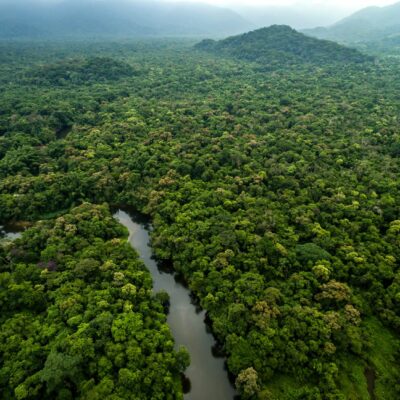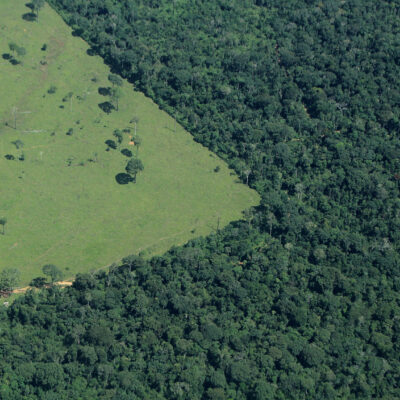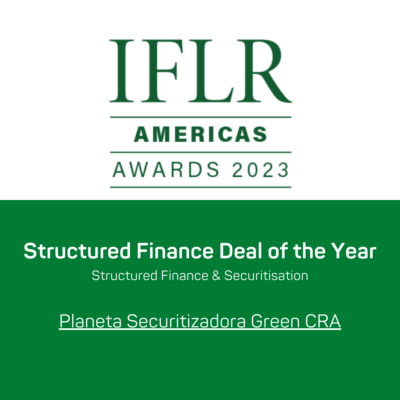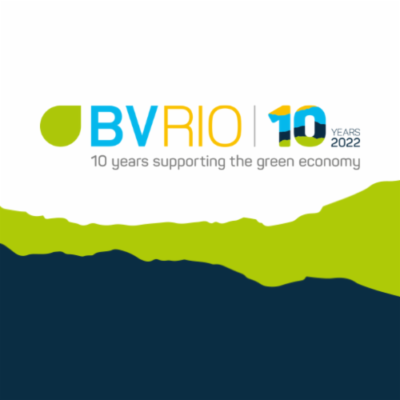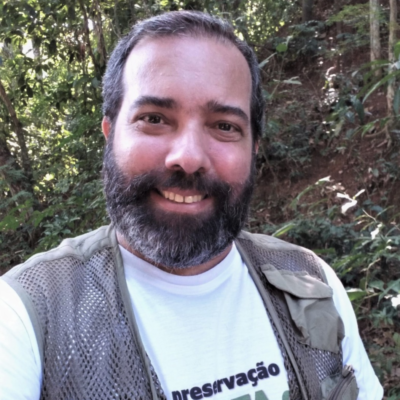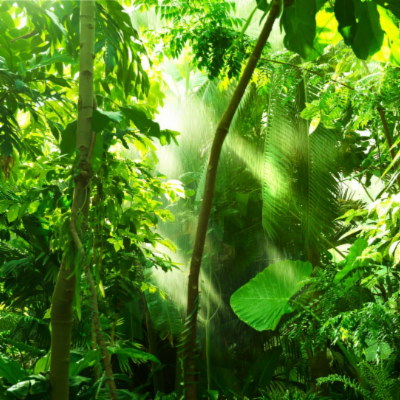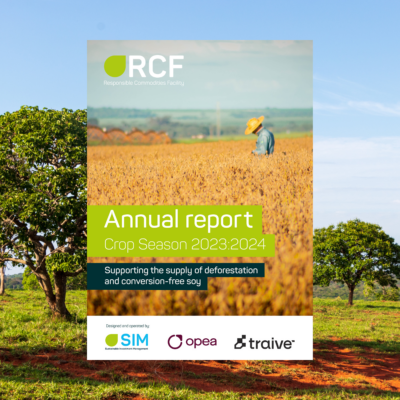
RCF contributes over 180,000 tonnes of vDCF soy in its second year
The environmental impact of the second year of the Responsible Commodities Facility Cerrado Programme has been calculated, independently verified and published in the 2023-2024 Annual Report. The programme scaled more than four-fold from its first year, and the amount invested expanded to US$47 million through an innovative blended finance structure bringing three more investors onboard – Santander Brasil, […]
Read more...
